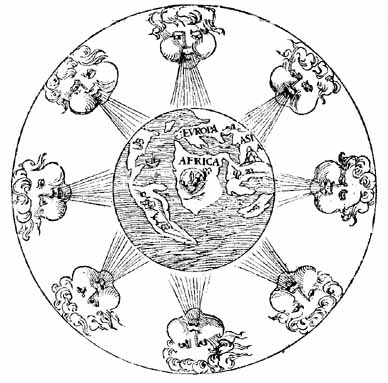CFP: "The gazing society. Approaches to the history of vision in the modern period (19-20th century) - 23-25 February 2012, Padova (Italy) - Deadline: June 1, 2011
Visual language is not a modern invention and yet an extraordinary inflation of images accompanied the great technological innovations that allowed, during the course of the 19th century, for new forms of image reproduction, both fixed and animated. Contemporary visual studies have contributed to establish the idea that visual expressions and the ways in which one observes the world change historically, as they are intertwined with processes of technological, cultural, social and economic transformation. In contemporary mediatic societies, images have gradually acquired a new cognitive and symbolic role, as well as a communicative force different from the past, in a process which needs to be studied historically in all its various facets.
The international conference organized by the CSC (Centro Interuniversitario di Storia Culturale) aims to be a stimulating opportunity for approaching the study of what is here defined as "the gazing society" between the 19th and the 20th centuries. Each historical period can be said to be characterized by its own “visual structures“, and, thus, by perceptive experiences, practices and languages which are culturally determined. History, and in particular modern history, can therefore offer a broad scope of research. The aim of the conference is precisely to build a comprehensive picture of the state of the art as well as to foster an international debate on the topic.
Discussion panels will revolve around the following key issues:
The image market
How did the supply and demand of visual experiences change between the 19th and 20th centuries? From lithographs to illustrated newspapers; from devotional images to pornography: how did the system of image production become consolidated? Which actors (producers, consumers) contributed to this process? What economic value did it take on? Which new areas of expertise did it create ?
Visual techniques
Which relevant transformations did the technical means of image production and reproduction undergo between the 19th and the 20th centuries? What were their social uses, from optical exhibitions to the different types of moving images? How did images and the new visual techniques influence the development of disciplines such as science ?
Visualising politics
The development of a mediatic society has important effects on the political dimension, whose reliance on visual language is increasingly substantial. What role does visuality play, from discipline to entertainment, in the transformation of political language, in the relationship between the citizen and politics, or in building the success of political leaders?
Experiences of visual perception
What transformations do visual practices undergo? What role does visuality have in the construction of modern subjectivity and in the relationships between individual and society and between landscape and community? How does visual perception structure gender identity? To what extent is visuality decisive in the development of the concept of otherness? How does the colonial gaze construct its own subjects? To what extent does visuality favour the delineation of borders?
Images and the past
A strong tendency towards the visualisation of the past started to estabish itself at the beginning of the 19th century. Key areas include: the history of museums; the construction of history through universal exhibitions; the visual representation of nations; the role of photography in the study and revival of antiquity; the representation of the past in early cinema.
The conference will be held in Italian and English. Please send an abstract (max 300 words) and a short CV by 1 June 2011 to the following address: centro.storiaculturale@unipd.it
The conference will take place between the 23rd and the 25th of February 2012
Selection committee: Alberto M. Banti, Gianpiero Brunetta, Vinzia Fiorino, Silvio Lanaro, Ilaria Porciani, Carlotta Sorba, Simona Troilo, Alberto Zotti Minici, Rolf Petri
Centro Interuniversitario di Storia Culturale
c/o Dipartimento di Storia - Università di Padova
Palazzo Luzzato Dina
via del Vescovado, 30
35141 Padova
Tel. 049/8278501
Email: centro.storiaculturale@unipd.it
Visit the website at http://centrostoriaculturale.storia.unipd.it/

